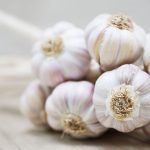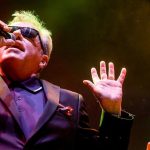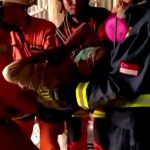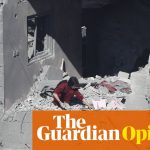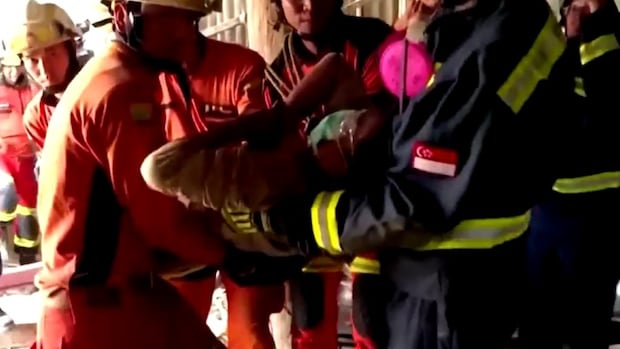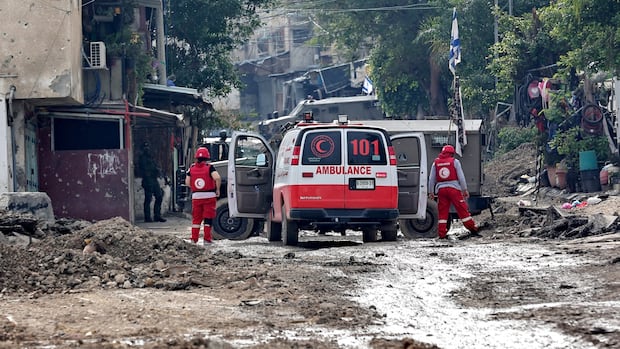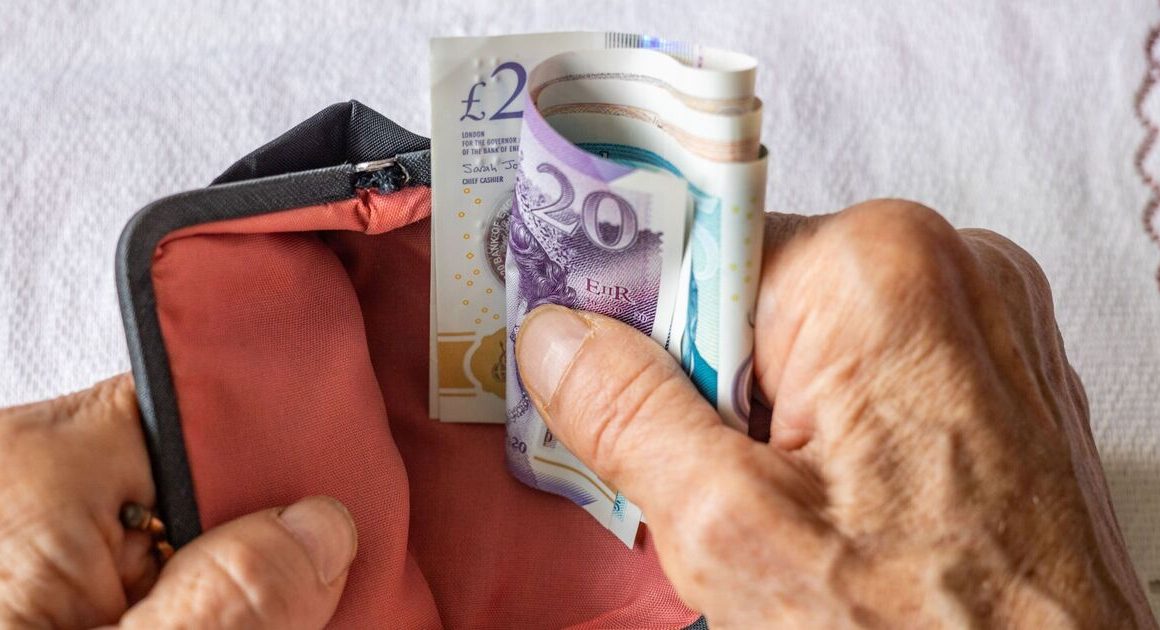Thursday was marked by massive marches and a confused high-profile abduction in Venezuela, on the same day that Canada recognized opposition candidate Edmundo Gonzalez Urrutia as the legitimate president of the country.
Gonzalez is in exile in Spain, while Venezuela’s de facto ruler, Nicolas Maduro, continues to occupy the Miraflores presidential palace, claiming that his party won at the polls on 28 July last year.
On Monday, Gonzalez met with United States President Joe Biden at the Oval Office. Following that meeting, Biden posted to social media that Gonzalez was the “true winner” of last year’s election and that the country deserved a peaceful transfer of power.
The next day, Gonzalez announced that his son-in-law, Rafael Tudares, had been abducted by hooded men while taking his two young children to school.
That was one of what appeared to be a new wave of arrests as the Venezuelan opposition again ramped up its campaign to remove Maduro’s authoritarian socialist government from power.
A leader emerges from hiding
Presidential candidate Gonzalez, who travelled today to the Dominican Republic seeking further international support, is not the leader of Venezuela’s opposition. He is rather a substitute candidate for the real leader, Maria Corina Machado, who has been barred from running for office by the courts of the Maduro government.
On Wednesday, Canadian Foreign Affairs Minister Mélanie Joly spoke with Machado by phone. Shortly afterwards she tweeted a statement that formally recognized Gonzalez as the legitimate president of Venezuela.

Canada had previously expressed disbelief in the official results of last summer’s election announced by the Maduro government, but had not yet taken the step of recognizing Maduro’s rival as the winner.
Gonzalez went into exile shortly after the Maduro regime responded to the election with a wave of arrests and repression, but Machado stayed in the country, and has spent much of the past six months in hiding.
A confused daylight abduction
On Wednesday, Machado hinted that she would return to public view, as the opposition prepared a new campaign of street protests to demand that the results of the election be respected. The opposition intended to protest Maduro’s swearing-in to a third six-year term as president, scheduled to take place Friday at the National Assembly in Caracas.
In recent days, Maduro has engaged in shows of force apparently intended to discourage opposition protests.
Today, Machado emerged from hiding to headline a large rally in the Caracas neighbourhood of Chacao, but appeared to be detained by men on motorcycles as she left the scene.
Machado is often surrounded by dozens or even hundreds of supporters on motorcycles in order to shield her from government snatch squads, but on this occasion the opposition said they were unable to protect her and one of her motorcycle escorts was injured as shots were fired.
The detention prompted outrage from the Venezuelan opposition, and from its supporters around the world, including Anaida Poilievre, wife of the leader of Canada’s Official Opposition.
Released from custody
Within two hours of her detention, a video on social media appeared to show Machado saying that she had been released, and was safe.
But the video was not posted by Machado’s own account, or by other opposition channels, and some expressed doubts about its authenticity.
By late afternoon, Machado’s party, Vente Venezuela, released a statement confirming her release.
“They took her by force,” said the statement. “During the period of her kidnapping she was forced to record several videos, and then was released. In the coming hours she will address the country and explain the situation.”
There was some speculation in opposition circles that the abduction and swift release might reflect divisions between hardliners and moderates within the Chavista government about how to deal with Machado and the protests.
